

HOW TO SET UP A SCHOOL OR LEARNING COMMUNITY
Two webinar series available to purchase
Learn from those who have been there and done it.
Expert guidance
Topics you need to know
Real life stories
Our two webinar series cover:
Series 1
Six ‘Ask the Expert’ Q&A sessions with founders who have years worth of experience on how to do it right (and wrong!).
The first three webinars focus on part-time learning communities for home educated young people. The second three focus on full-time registered schools.
Series 2
Six topics you'll need to know about when setting up a learning community or school.
All 12 webinars are available to purchase individually, or you can buy each series of six as a bundle at a discounted price.
Series 1: Ask the expert Q&A webinars
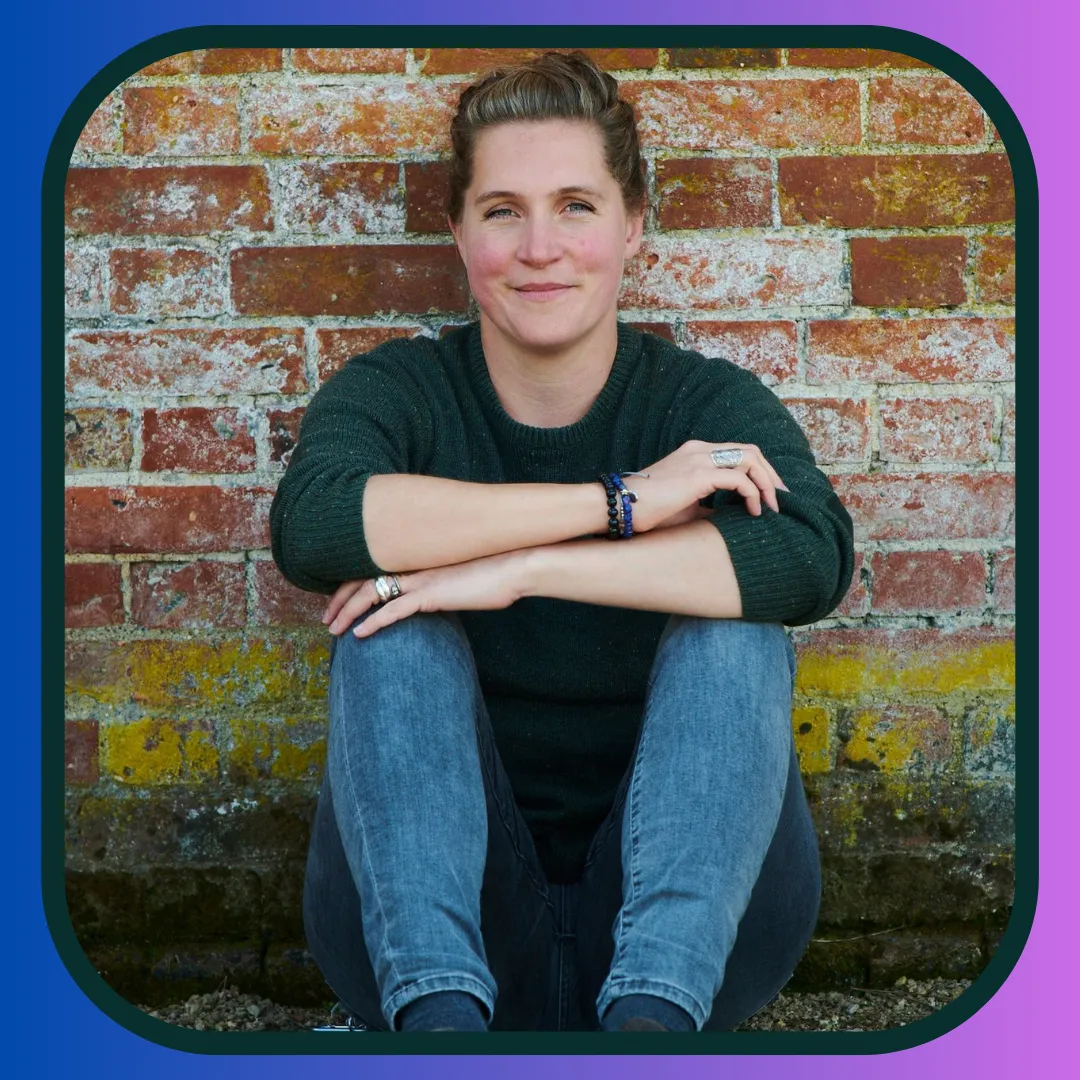
How to set up a learning community Q&A
Sophie Christophy
The Cabin and the Lodge
Sophie Christophy co-founded the consent-based, self-directed communities the Cabin and the Lodge, based on the Hertfordshire/Essex border.
“The Cabin and the Lodge are examples of the environment that we believe people need to live and grow in a whole, healthy, and authentic way. They provide a regular, consistent, community experience, a place in which you can be yourself, build and navigate relationships, and feel a sense of belonging that extends that which you feel in your home and family.”
£10
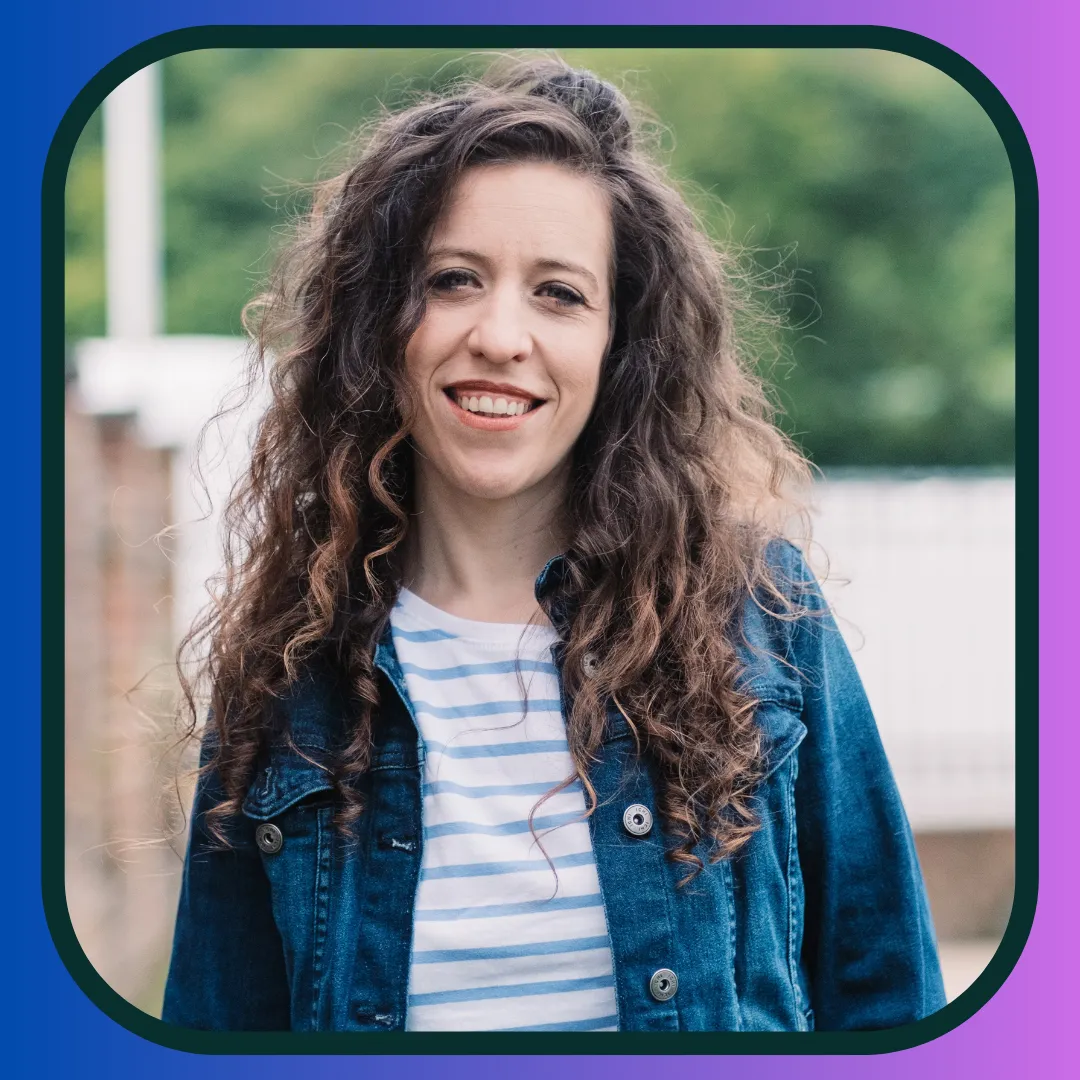
How to set up a learning community Q&A
Kate Coleman
East Kent Sudbury
Kate Coleman co-founded the democratic, self-directed community, East Kent Sudbury (EKS) in 2019. EKS is a part-time, democratic community inspired by Sudbury Valley School in the US.
“It is an education for today and for the future. We recognise that in today’s world it is not an ability to follow orders but to take charge of your own life that is vital for success. We believe the best way to practise making real decisions and taking responsibility for your actions is to do it from the start.”
£10

How to set up a learning community Q&A
Dr Ian Cunningham
Self Managed Learning College
Dr Ian Cunningham is the founder of the Self Managed Learning College (SMLC) near Brighton on the south coast of England.
“The essence of the Self Managed Learning approach is that we provide a structure within which young people can plan, organise and carry out learning activities. We treat each young person as an individual, so we don’t have classrooms or an imposed curriculum. Each student is able to work out for themselves what and how they want to learn.”
£10
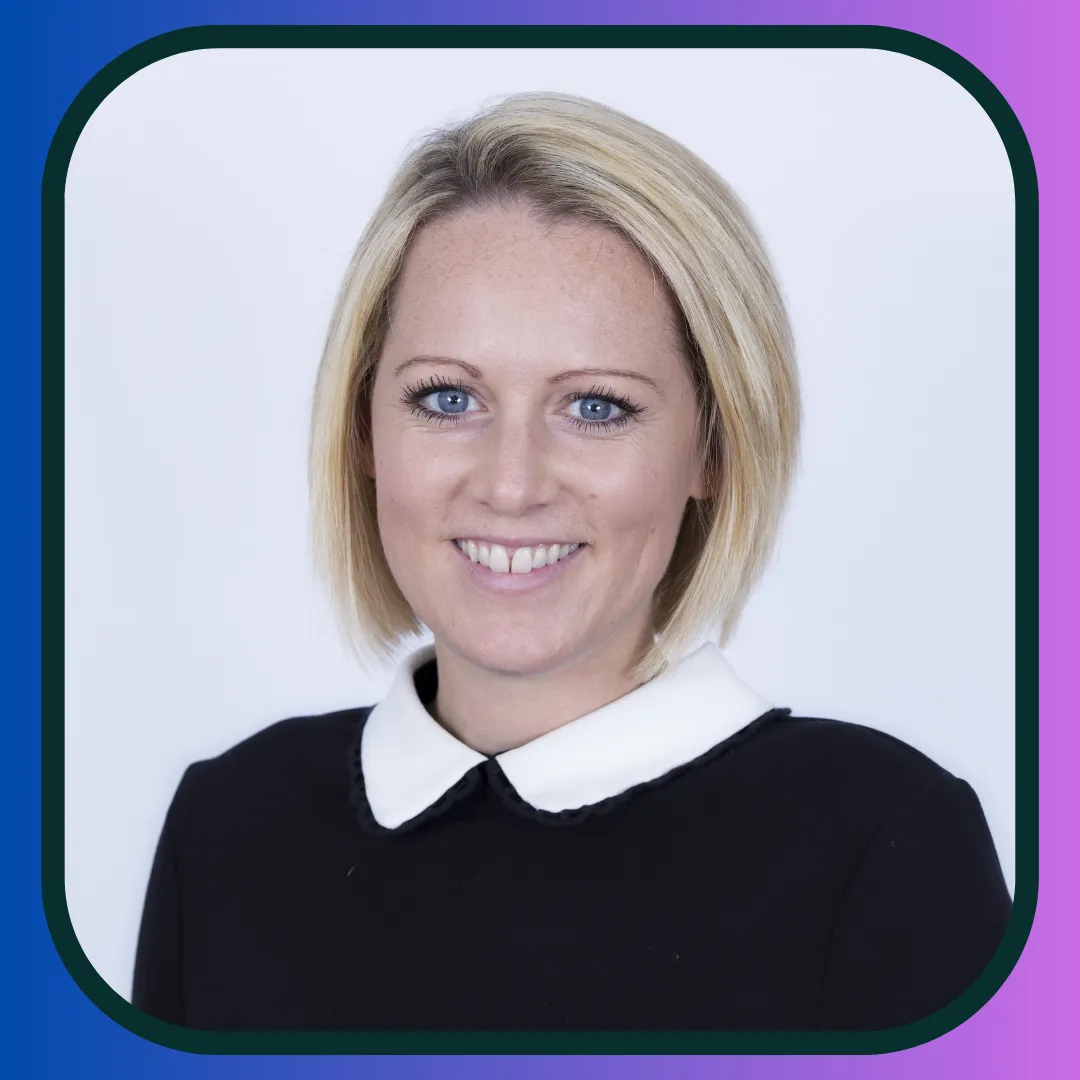
How to set up a school Q&A
Lucy Stephens
The New School
Lucy Stephens is the Founder and Director of The New School, a democratic, non-fee-paying independent school in London.
The New School believes that democratic schooling promotes social justice and equity in education, and they are sharing their outcomes to create a wider conversation about education in the UK. They believe that education can, and should, be at the forefront of promoting social change.
£10
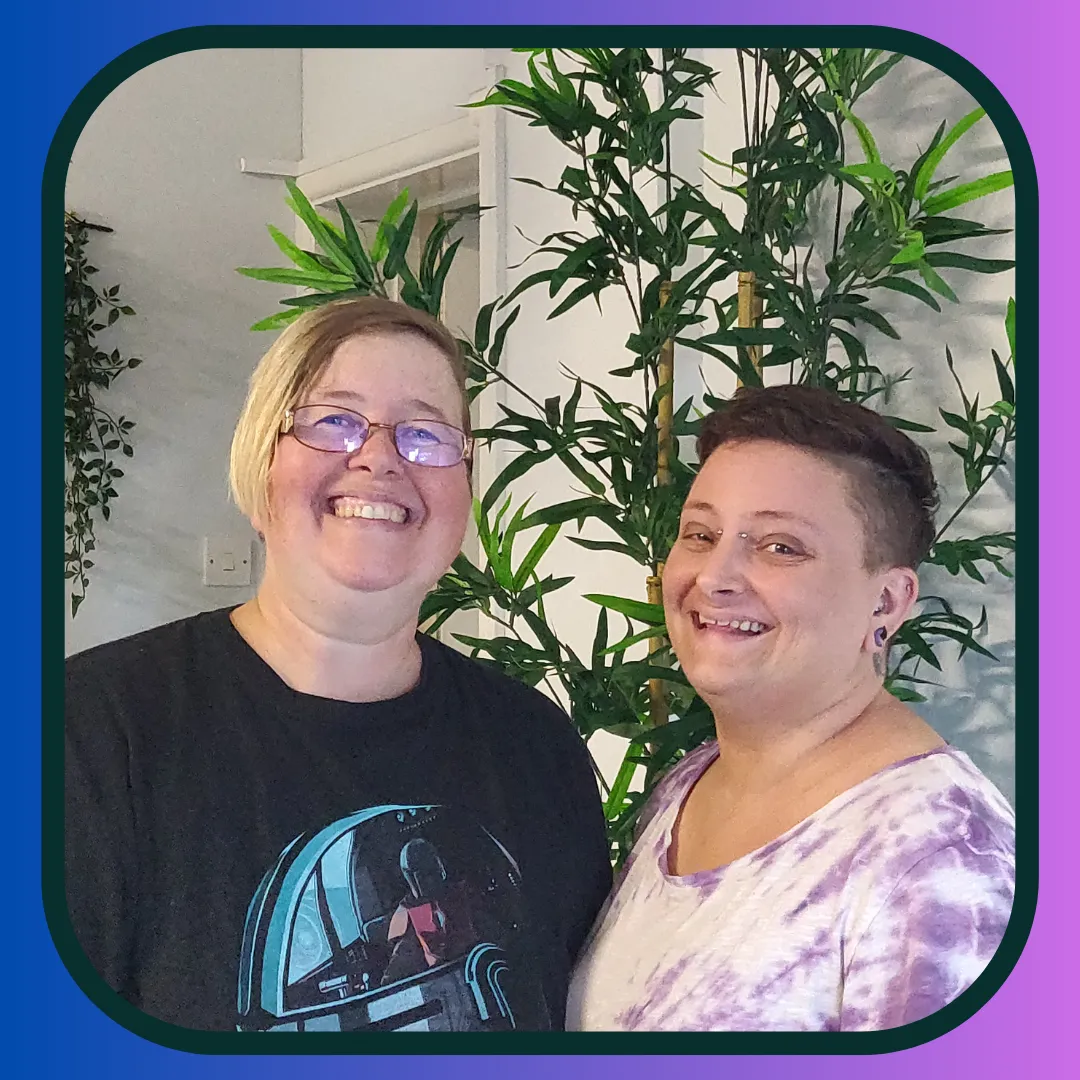
How to set up a school Q&A
Maz Wilberforce and Tomlin Wilding
Hawthorn Small School
Maz and Tomlin are launching the Hawthorn Small School, a new alternative to mainstream schooling in the New Forest area of Hampshire. Their mission is to create sustainable progressive, human-scale education that nurtures and develops students; facilitating personalised learning as a foundation for lifelong learning.
“Every part of Hawthorn Small School is considered and purposeful. We live our values and guiding principles and use these to make the decisions that govern how we run the school, the organisation, the team and how we show up everyday.”
£10
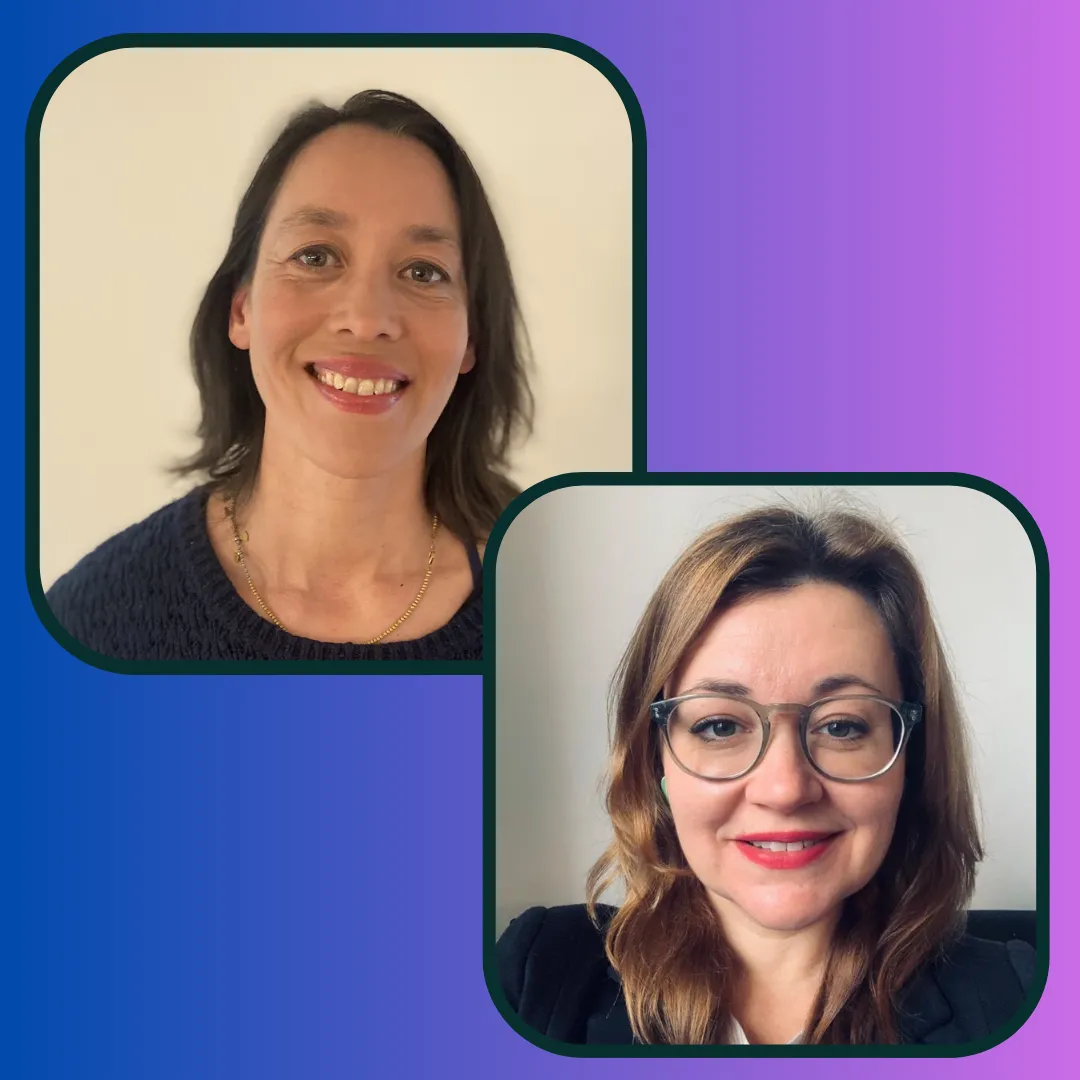
How to set up a school Q&A
Melissa Kendall and Fran Wilby
Lumiar
Melissa and Fran are co-founders of the first Lumiar school in the UK. This progressive school caters for Reception, Key Stage 1 and Key Stage 2 and is based on a working farm in Stowford, Wiltshire.
The Lumiar education model was devised in Brazil 15 years ago by a group of pioneering educators. Their intention was to transform how and what children learn, to empower them to create the future, rather than just keep up with it. It is recognised by Unesco, Stanford University and Microsoft as one of the 12 most innovative education systems in the world.
£10

Ask the expert Q&A webinar series
All 6 webinars
Our complete first series of webinars, each featuring a Q&A session with founders of schools and learning communities in the UK.
Webinars included:
Sophie Christophy The Cabin and The Lodge
Kate Coleman East Kent Sudbury
Dr Ian Cunningham Self Managed Learning College
Lucy Stephens The New School
Maz Wilberforce and Tomlin Wilding Hawthorn Small School
Melissa Kendall and Fran Wilby Lumiar
£50
Series 2: Start-up topics webinars
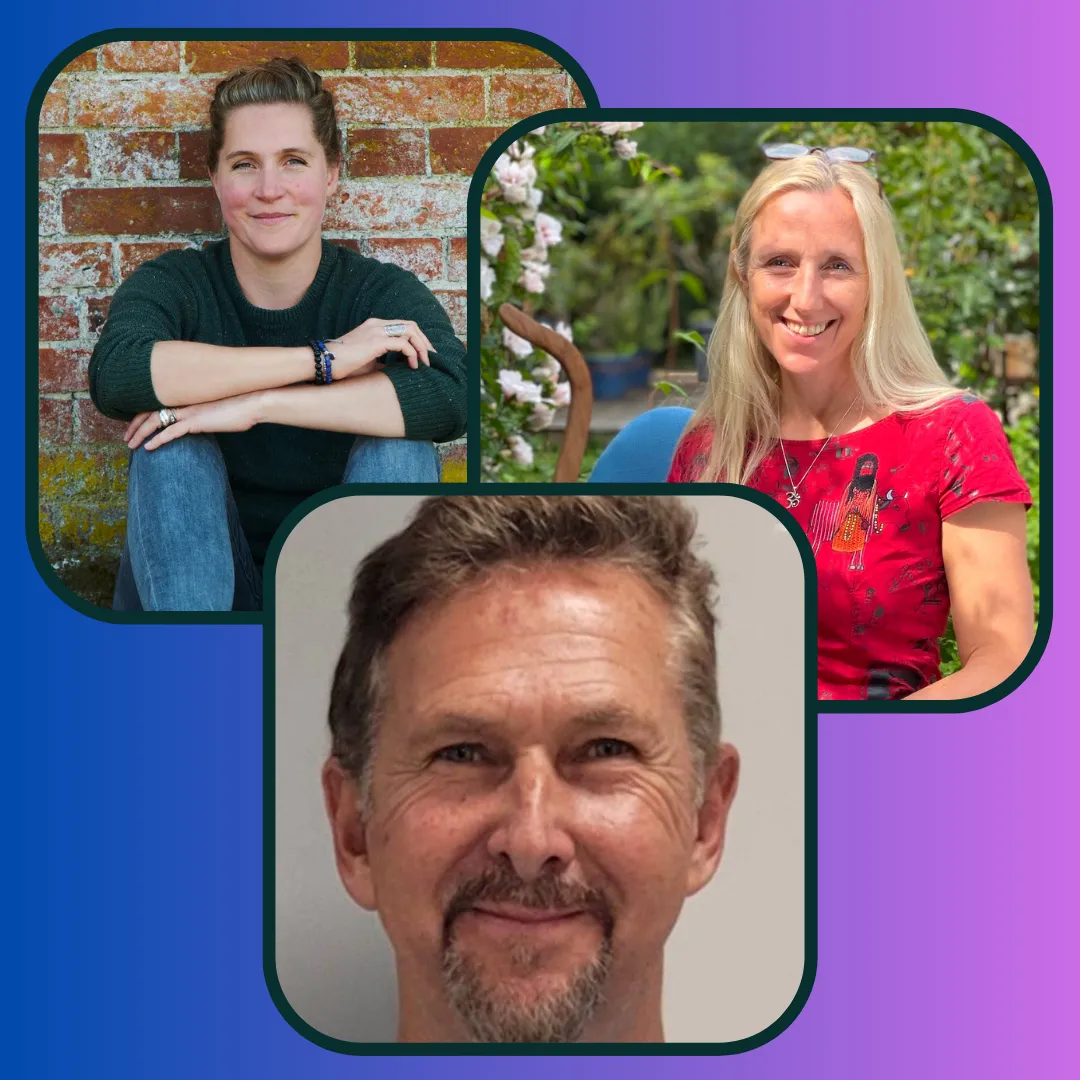
Do schools / learning communities need a curriculum?
Sophie Christophy
The Cabin and The Lodge
Rosina Dorelli
Biophilic Education Alliance
Sean Bellamy
Sands School
Are you thinking about setting up your own school or learning community? Are you confused about what type of curriculum to offer?
This webinar is a discussion between three experts from various educational settings, each one offering a different perspective. Whether you are looking to offer the National Curriculum, a holistic alternative, or a more self-directed, consent-based curriculum, there is something for everyone.
£10
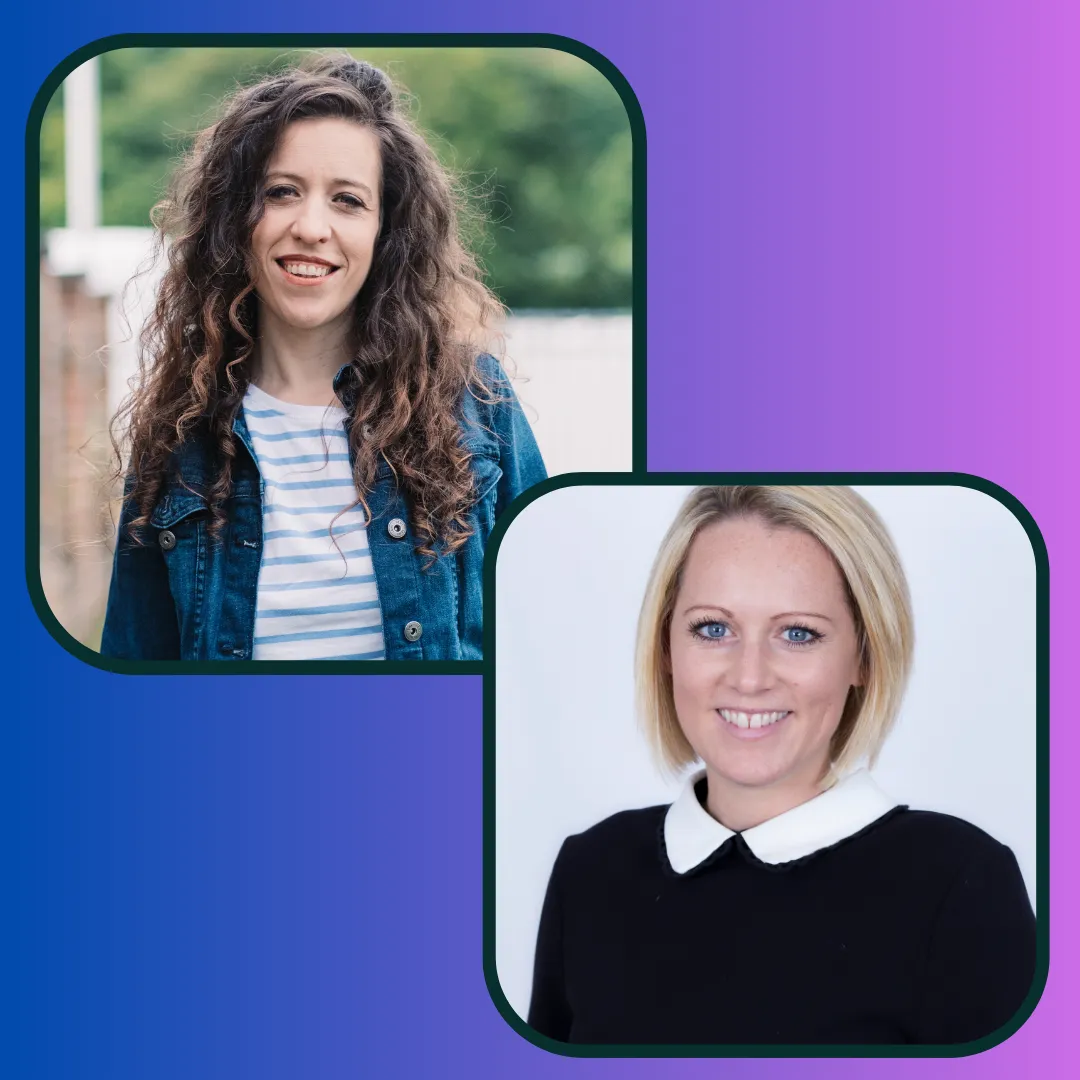
Collaborative decision making with young people
Kate Coleman
East Kent Sudbury
Lucy Stephens
The New School
East Kent Sudbury is a part-time self-directed learning community for home educated young people aged 5-18 years. Their setting is governed by direct democracy, meaning that each community member has direct say and an equal vote on all issues affecting the community.
The New School is a full-time democratic school, based in London. Their democratic decision-making process uses the principles of sociocracy - they use a circle system as a form of governance for both staff and young people to discuss issues, share ideas and make decisions about school life.
£10

Sociocracy in education
Marianne Osorio and Charlie Shread
The Wondering School
The Sociocracy in Education workshop is a hands-on introduction to the sociocratic decision-making process, which can be applied in schools, learning communities, and families.
Sociocracy is a democratic method of governance based on dialogue and inclusion of all people in the decision-making process, whereby all voices are heard. Decisions are made with the consent of everyone in the circle so that in the end nobody has an objection.
£10
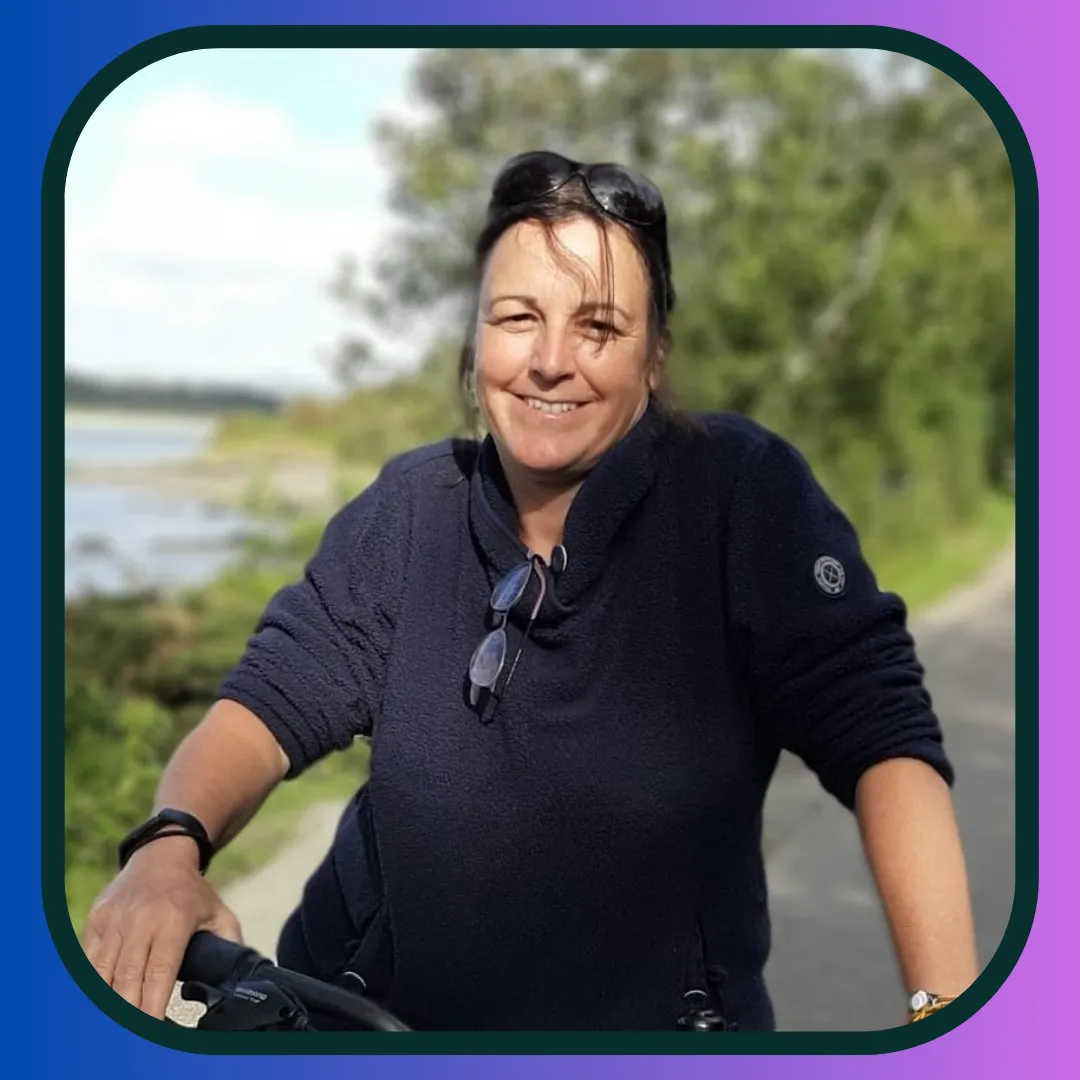
Choosing a legal structure
Louise Garner
School of Social Entrepreneurs
Perhaps you are wondering if you need to register an organisation, are confused by legal structures jargon, or you're trying to figure out if a CIC or a charity is best for your setting.
Louise has over 20 years of experience providing advice to charities and social enterprises and has run her own consultancy for the last 12 years. She provides training and advice on legal structures and has qualifications in charity law, company law, and charity finance. The information shared in this session is not specific to schools or learning communities but will give an introduction to the different types of legal entities and some of the things to think about when deciding.
£10
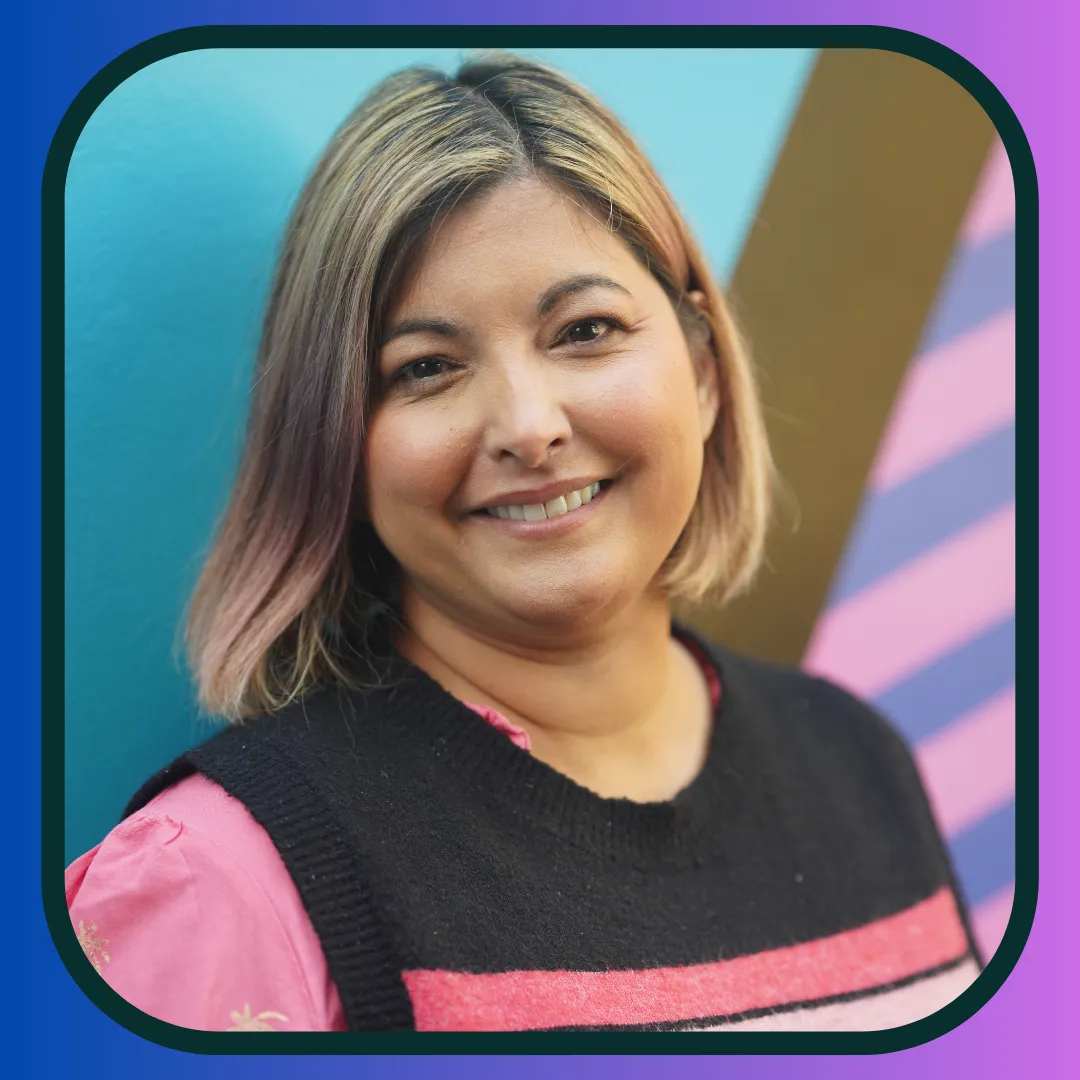
Supporting neurodivergent learners
Helen Daniel
Out Of The Box Sensory
Do you need help in supporting neurodivergent learners?
Helen Daniel discusses sensory accessibility within educational settings, shedding light on the way unconventional pattern spotting creates 'spiky learning profiles'.
She will also address the barriers that many SEND learners face in terms of the social and sensory aspects of conventional schooling and will propose practical and straightforward multi-sensory strategies to assist SEND learners and enhance their wellbeing.
£10
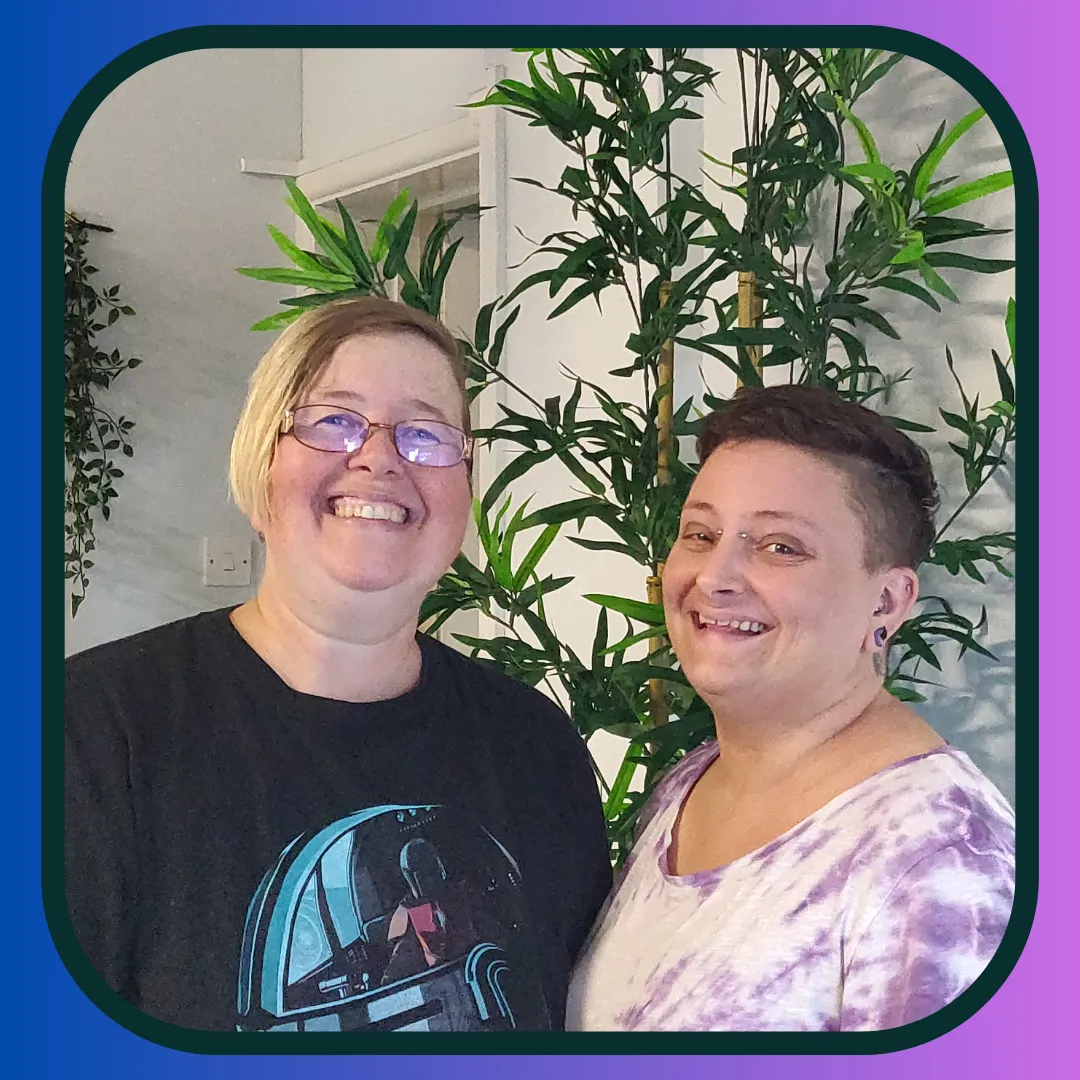
Establishing values and guiding principles
Maz Wilberforce and Tomlin Wilding
Hawthorn Learning Pod and Small School
This is a workshop to help start-up schools and learning communities pin down their vision, core values and guiding principles.
“Every part of Hawthorn Learning and Hawthorn Small School is considered and purposeful. We live our values and guiding principles and use these to make the decisions that govern how we run the settings, the organisation, the team and how we show up everyday.”
£10
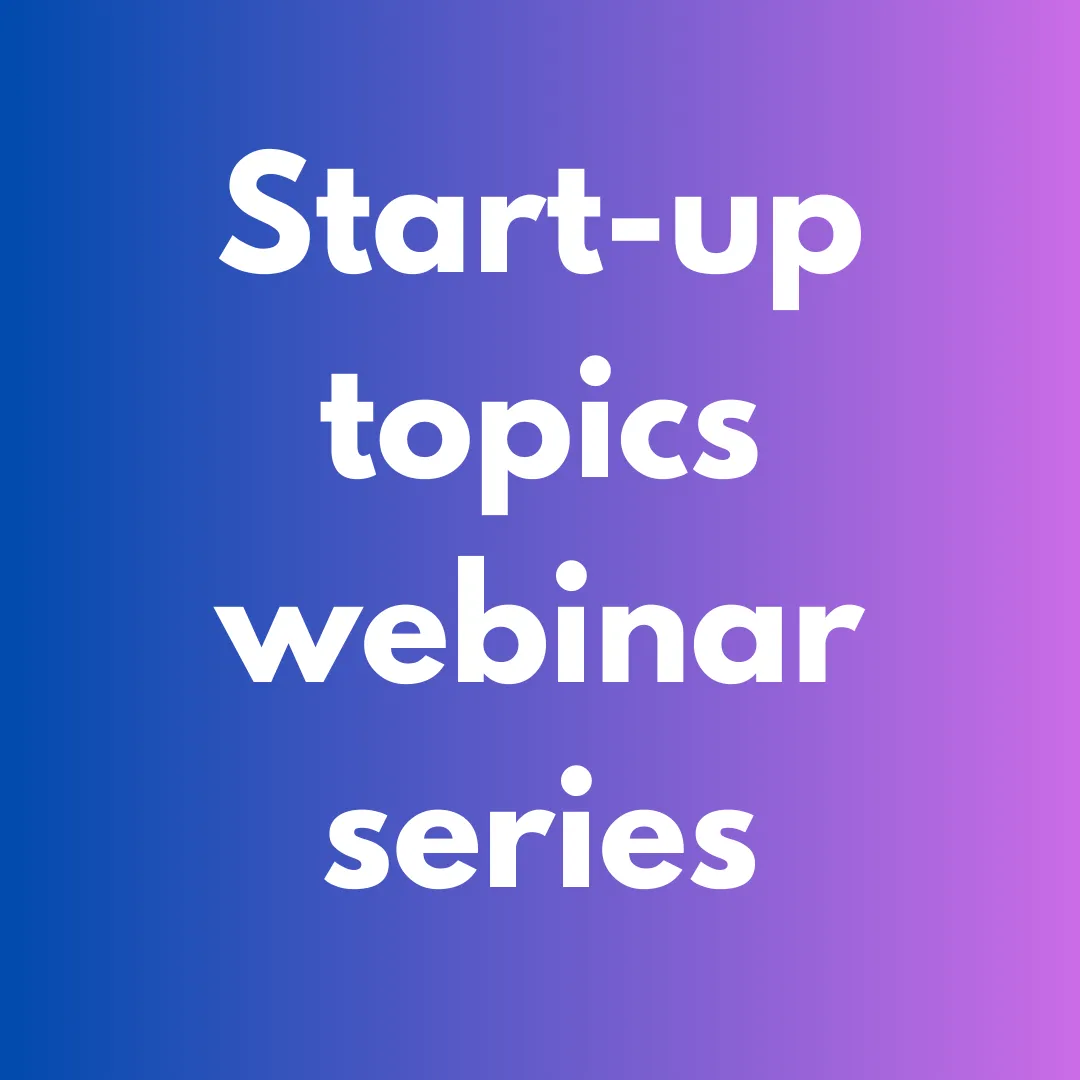
Start-up topics webinar series
All 6 webinars
Our complete second series covering topics to support those setting up their own school or learning community.
Webinars included:
Do schools / learning communities need a curriculum? Sophie Christophy, Rosina Dorelli and Sean Bellamy
Making collaborative decisions with young people Lucy Stephens and Kate Coleman
Sociocracy in education Marianne Osorio and Charlie Shread
Choosing a legal structure Louise Garner
Supporting neurodivergent learners Helen Daniel
Establishing values and guiding principles Maz Wilberforce and Tomlin Wilding
£50
Who are we?

Education Start-Ups was created by Jo Symes at Progressive Education and Alex O'Neill from Limitless in response to the growing number of people who want community and support in setting up their own schools or learning communities.
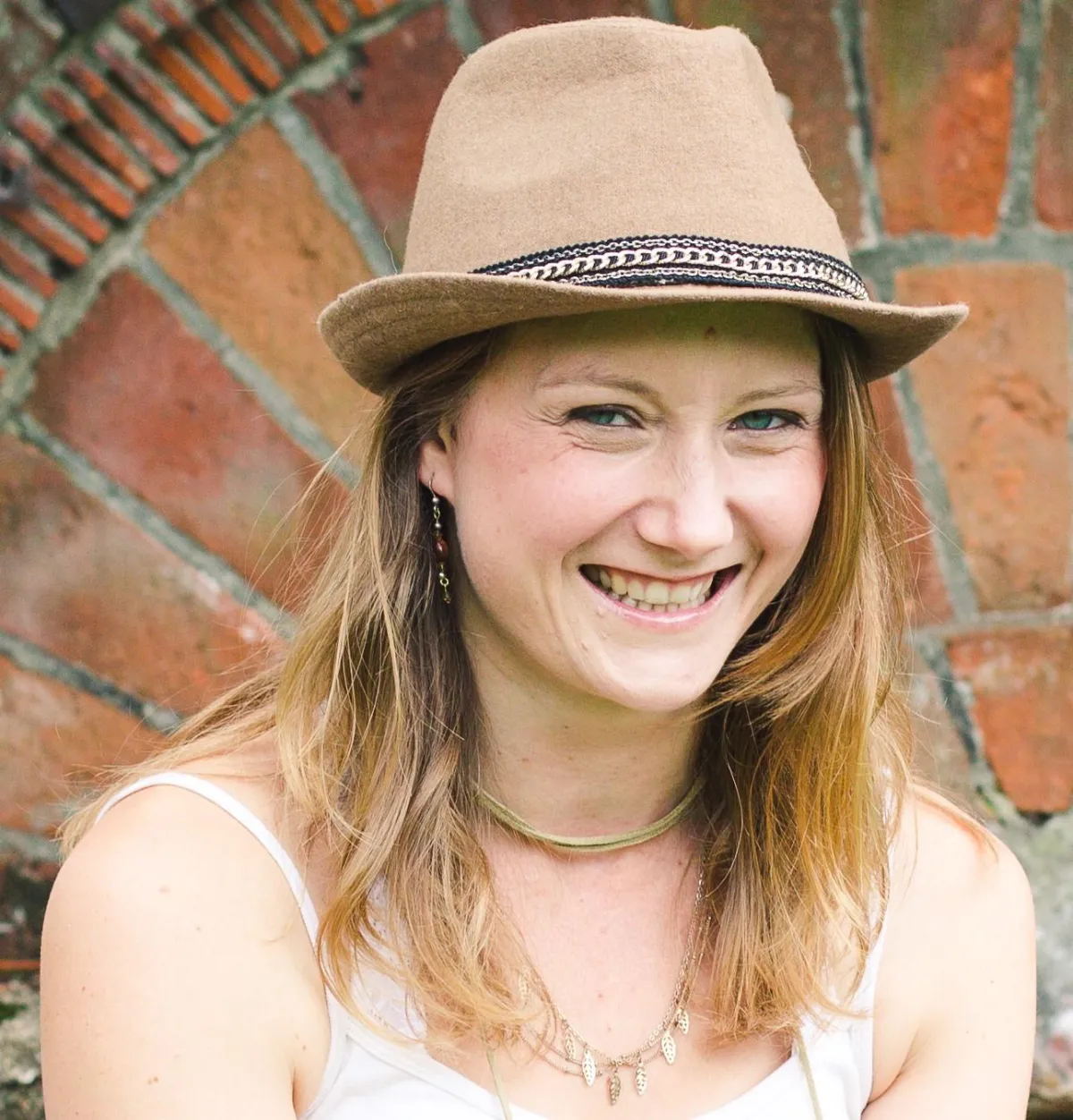
Alex is the driving force behind Limitless, an organisation dedicated to igniting social change with a special emphasis on revolutionizing the education sector. Through the Limitless podcast, she shares expert insights and neuroscience tips to empower changemakers to tackle the world's most pressing issues.
With a background in higher education and technology, as well as a deep-seated passion for unravelling the mysteries of the brain, Alex is committed to uniting individuals who are driven to advance education and supporting them in overcoming obstacles that stand in their way.
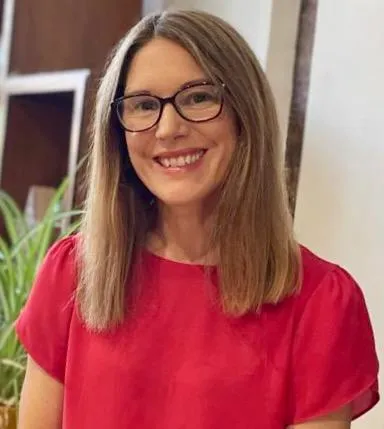
Jo is the founder of Progressive Education, a social enterprise which launched in 2019 with the Progressive Education Group on Facebook. This is a supportive community of almost 10k parents/carers, educators, school leaders, students/young people, academics, researchers, psychologists, education innovators and activists.
Her ProgressiveEducation.org website is an inspiration hub for exploring alternatives to conventional schooling, campaigns/initiatives to bring about change, and supportive resources for parents/carers, educators and young people. It also has a directory of progressive schools/learning communities, jobs and events, which you are welcome to be part of once your start-up has launched.